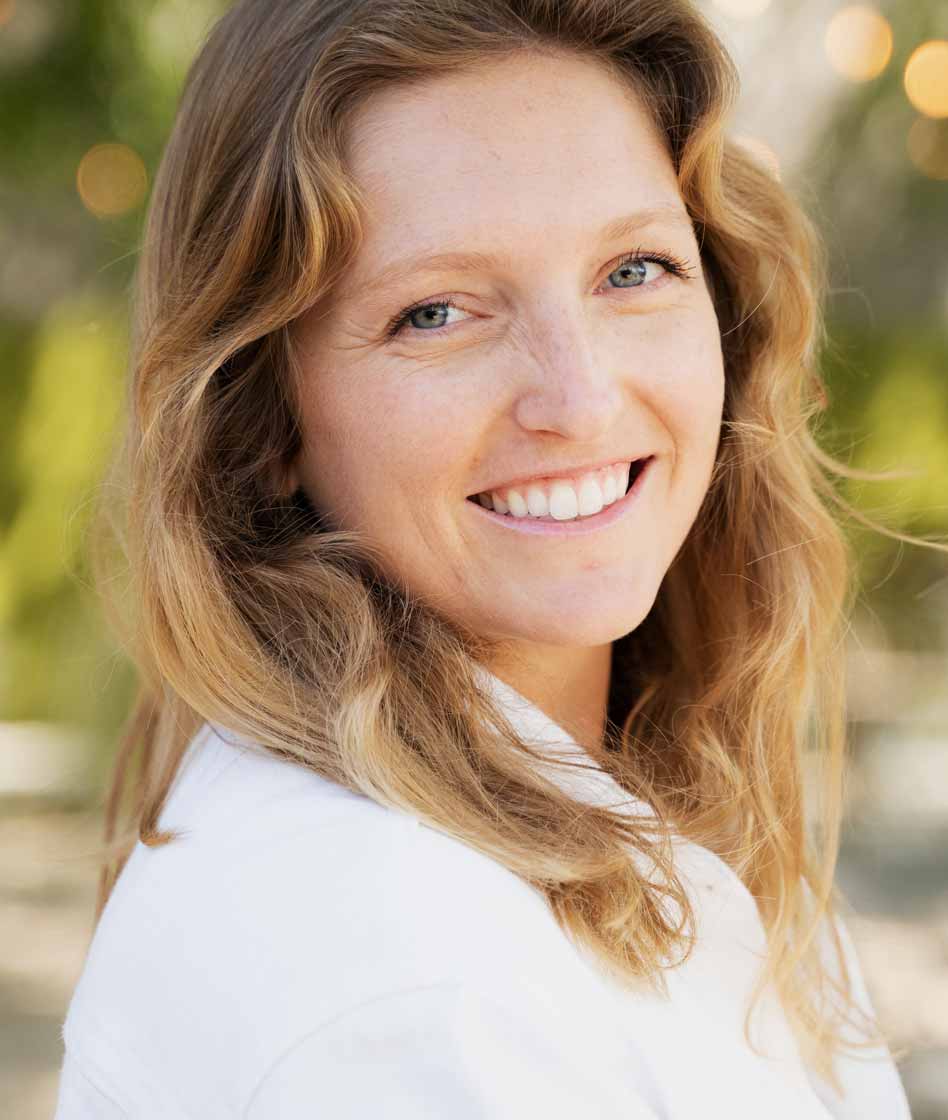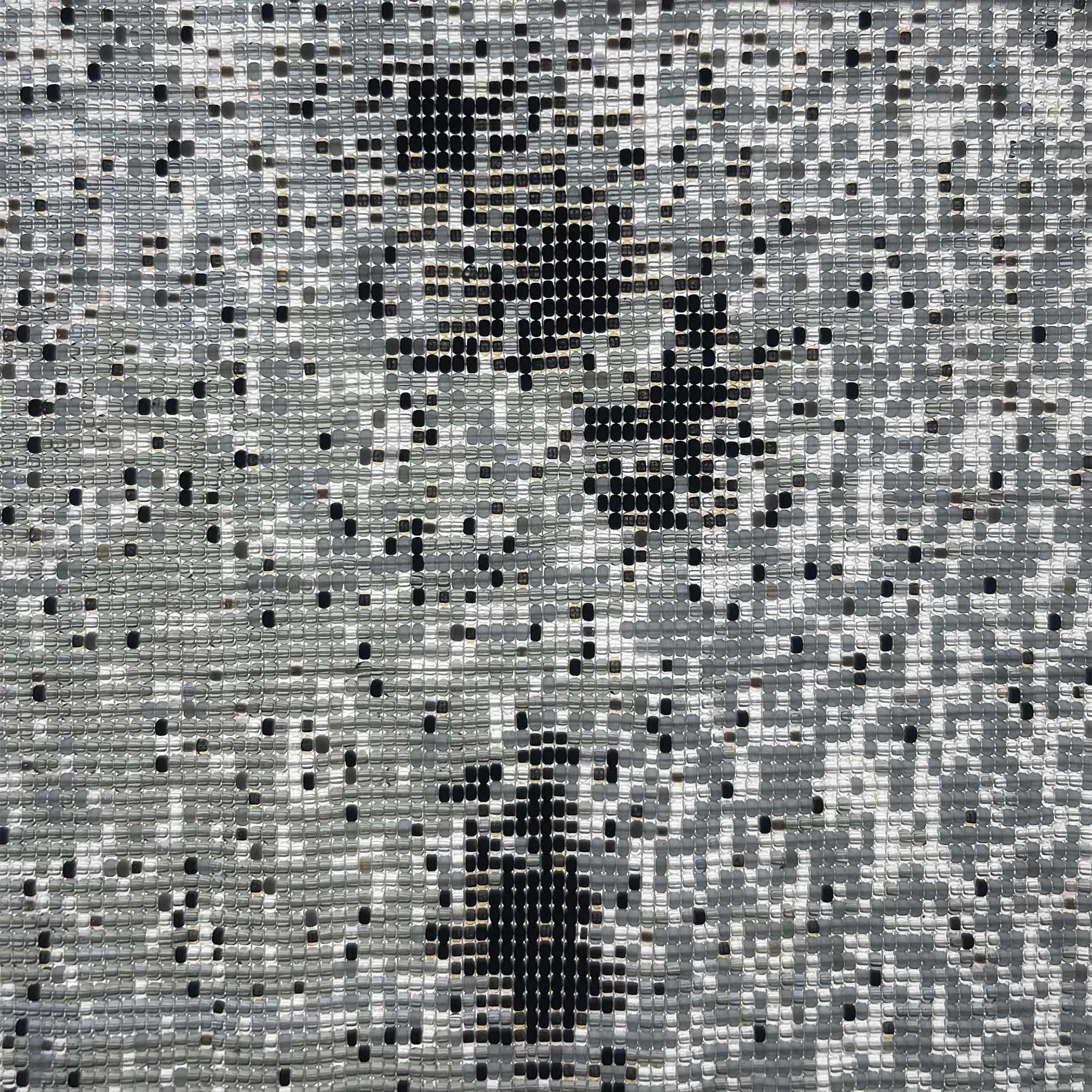It’s called slow fashion, and it’s definitely a thing. A more Earth-first approach to apparel, it emphasizes quality over quantity with a circular supply chain in mind. Well-made goods have longer lives and often — thanks to the growing focus on resale — multiple owners.
That’s where Beni comes in.
The Gaucho-grown company makes secondhand shopping easier by partnering with resale, or “re-commerce,” sites — think Poshmark, eBay, The RealReal — and aggregating their inventories on behalf of consumers. It’s a one-stop shop for buying previously owned apparel, kind of like Expedia is for traveling.
“While 93% of people want to buy secondhand, only 50% of people actually do; it’s too time consuming and they don’t want to learn a new way of shopping,” says Celine Mol, Beni’s co-founder and chief technical officer. “At Beni, we help give people a space to buy secondhand without having to change the way they shop.”
Dedicated to reducing fashion's burden on the planet, the company’s vision, Mol says, is to build a world where resale is the new norm.
“If you see your clothing as assets that have value, and that will retain value if you take care of them, when your style has changed, you can recirculate them back into the universal closet — the closet in the cloud as some people are calling it,” Mol says.
With two degrees from UC Santa Barbara — a Bachelor of Science in statistics and a master’s in environmental science and management — Mol is passionate about applying her technical expertise to environmental challenges.
“For me, it was always about sustainability in general, and using technology to push sustainability efforts,” says Mol, an inaugural member of the UCSB Innovators Circle, a network for entrepreneurs meant to foster connections and inspire philanthropy. “With my background in data science and software engineering, the best tool in my toolbox to do that was software.”
Prior to launching Beni, Mol used her tools at Apeel Sciences, another Gaucho-founded company (James Rogers, Ph.D. ’12), where she worked on solutions for food waste.
“At Apeel, the value proposition was extending the shelf life of produce,” Mol says. “Beni is focused in the apparel space, but it’s the same idea of reducing waste and designing systems to be more circular. My Beni co-founder, Sarah Pinner, always says, ‘Waste is just a design flaw.’”
Her best advice?
“Simply try to consume less,” says Mol. “Ask yourself before you buy something, ‘Do I really need it?’ Better yet, walk away and think about it overnight. If you do buy, buy via resale, or buy high quality, and take good care of your items so they can be resold and given new life. And when you’re done with something, donating it is always better than throwing it away.”



